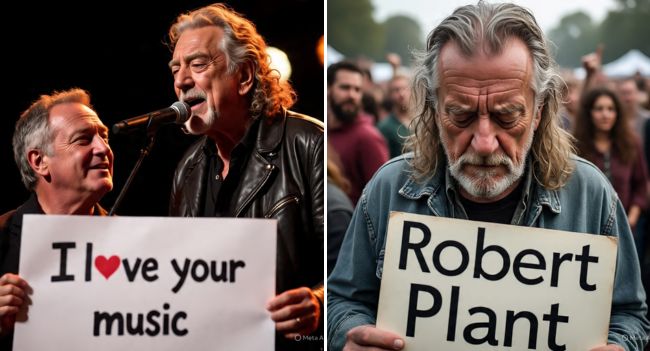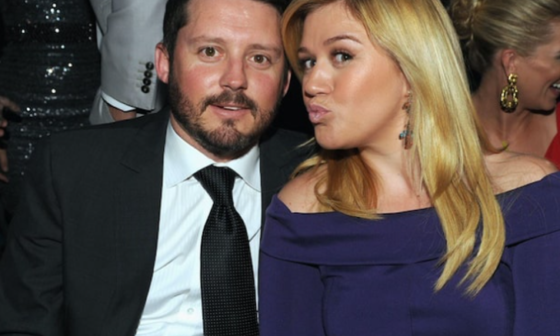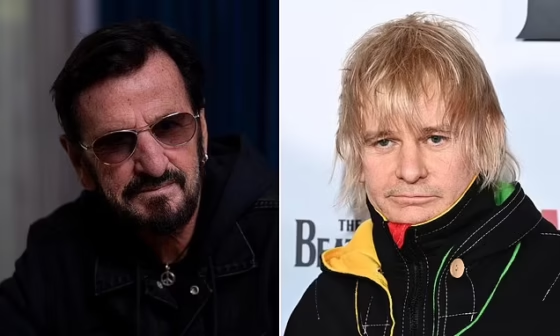By the end, no one was singing. They were crying.
It was a warm, electric night in Austin, Texas. The kind of summer evening made for music — when the air buzzes not just with anticipation, but with meaning. Thousands had gathered to see Robert Plant, the voice that once defined a generation through Led Zeppelin, now seasoned by time but no less powerful.
Halfway through the set, just after the final notes of “Going to California” drifted into the sky, Plant stepped back, took a sip of water, and scanned the crowd.
That’s when he saw it.
A man near the front row held up a hand-lettered cardboard sign. It read:
“My son died before he could hear Led Zeppelin live.”
Plant froze. The moment cracked open something unspoken. Around the man, heads turned. A wave of quiet fell across the crowd.
Then Plant stepped toward the edge of the stage.
“Who’s holding that sign?” he asked into the mic, his voice soft, steady.
A man in his 50s raised his hand. “That’s me,” he answered, already choking up.

“What was his name?” Plant asked gently.
“Daniel,” the man said. “He was 21. Car crash. Three weeks ago.”
The crowd gasped. Plant let the silence stretch — not awkward, but reverent. Then, in a moment no one expected, he asked:
“Would you sing with me? For Daniel?”
The man looked stunned. Trembling, he nodded. Security helped him to the stage.

He wore an old, worn Led Zeppelin t-shirt. Sweat clung to it, but so did grief. Plant wrapped an arm around him. Then he turned to the band and whispered:
“Stairway.”
The first chords of “Stairway to Heaven” began — slow, aching, holy. Plant sang the opening verse, his voice rich with soul. Then, as the next lines approached, he turned to the man beside him and gave a simple nod.
The man took a shaky breath… and began to sing.

Not perfectly. But with everything he had.
Each word cracked with pain. Each line came from somewhere deeper than the voice — from the part of a father that carries what’s left of a child.
People in the crowd didn’t raise their phones. They raised their hands. Pressed them to their hearts. Some hugged strangers. Others just stood frozen, letting the moment wash over them.
When they reached the song’s climax — “And as we wind on down the road…” — Plant stepped back.
He let the father sing alone.

The man’s voice cracked again at “There walks a lady we all know…” but he made it through. When the final note echoed into the Texas night, the crowd erupted — not in applause, but in tears.
Plant walked over and embraced the man. They held each other. No words. Just the quiet, unspoken language of grief.
Later, the man told a reporter what Plant had whispered into his ear:
“Tonight, Daniel heard you loud and clear.”
The show went on. But it wasn’t the same. Something had shifted.
Plant didn’t speak of the moment in interviews. But in the nights that followed, when he sang “Stairway,” he seemed to hold the song a little closer. Close his eyes a little longer. Sing it not for the charts — but for the ones listening from beyond.
And that man?
He didn’t just sing for his son.
He let thousands remember that music doesn’t just fill a stadium — it fills the spaces where words fall short. Where love still echoes. Where grief finds its voice.
That night in Austin, a father sang to his son.
And the world stopped to listen.






